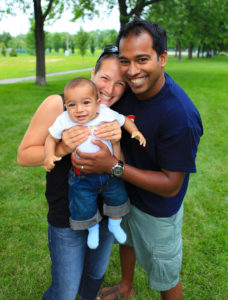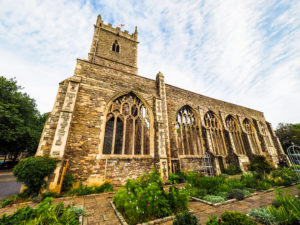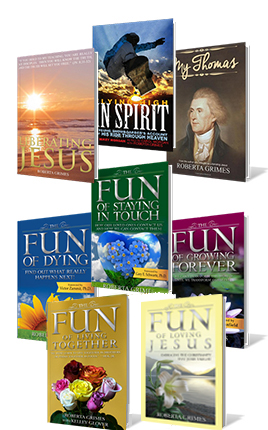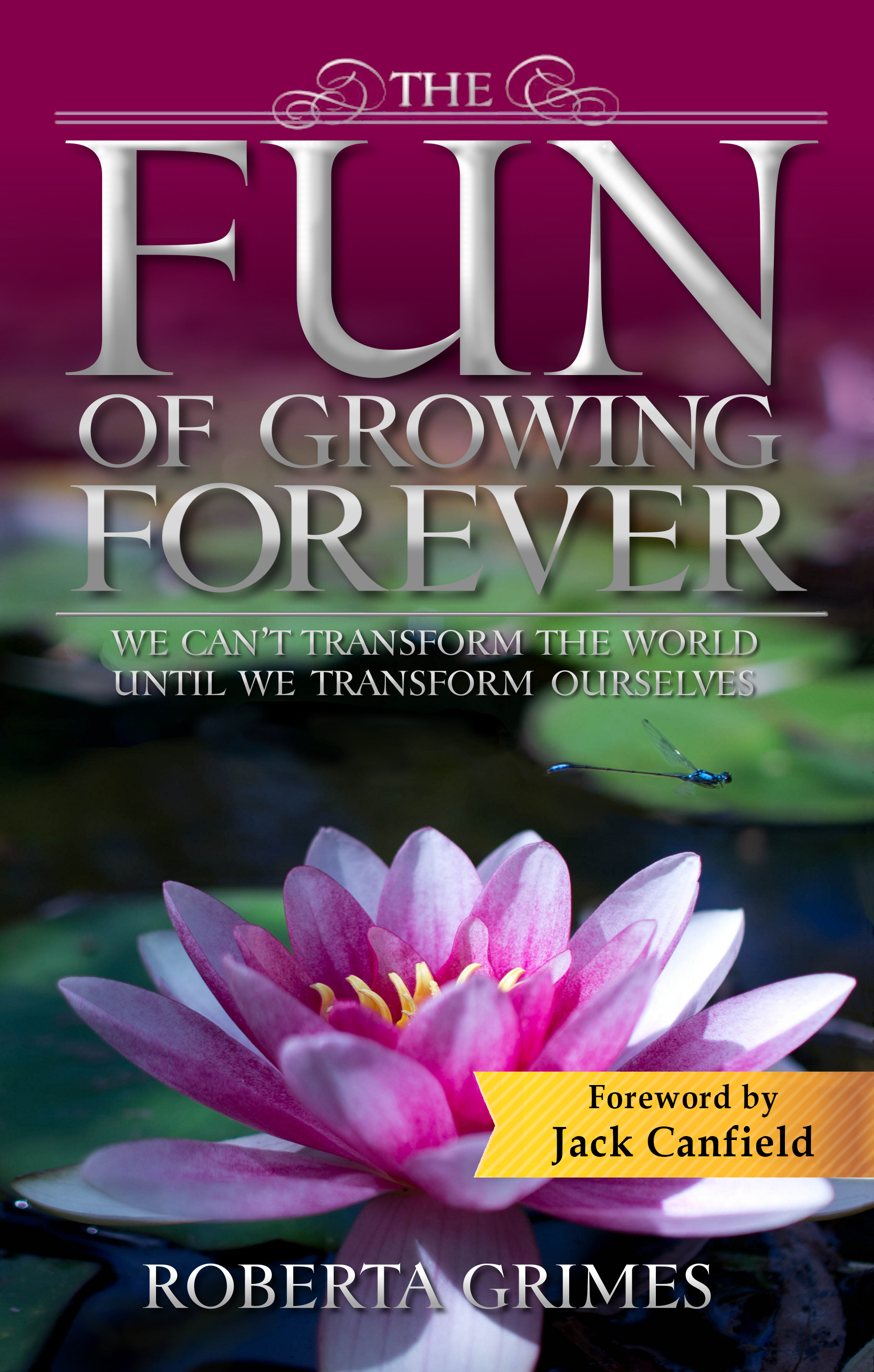If I loved you,
Time and again I would try to say
All I’d want you to know.
If I loved you,
Words wouldn’t come in an easy way.
Round in circles I’d go!
Longin’ to tell you,
But afraid and shy,
I’d let my golden chances pass me by!
Soon you’d leave me,
Off you would go in the mist of day,
Never, never to know how I loved you.
If I loved you.
– Oscar Hammerstein II (1895-1960) & Richard Rodgers (1902-1979), from “If I loved you” (1945)
 When Thomas and I set out last week to attempt to define the word “love,” we didn’t expect to spark a controversy. But a controversy in the comments was what we got! Or in fact, what we really had was multiple controversies. Someone was irate at the notion that Jesus might have given us love as a commandment. So, what now? Now our choosing to love was not up to us? For someone else, The A Course in Miracles idea of lesser “special loves” seemed hurtful. There was even, I thought, a sense that our attempting to pin down the word “love” with a limiting definition felt like a kind of third rail, as if we were caging an exotic bird that must forever be allowed to fly free. But Thomas and I liked the controversy. We thought it was spicing things up! As always happens, our wonderful commenters worked things out for one another over the ensuing week. And meanwhile, they helped us to realize that this topic itself deserved a deeper dive.
When Thomas and I set out last week to attempt to define the word “love,” we didn’t expect to spark a controversy. But a controversy in the comments was what we got! Or in fact, what we really had was multiple controversies. Someone was irate at the notion that Jesus might have given us love as a commandment. So, what now? Now our choosing to love was not up to us? For someone else, The A Course in Miracles idea of lesser “special loves” seemed hurtful. There was even, I thought, a sense that our attempting to pin down the word “love” with a limiting definition felt like a kind of third rail, as if we were caging an exotic bird that must forever be allowed to fly free. But Thomas and I liked the controversy. We thought it was spicing things up! As always happens, our wonderful commenters worked things out for one another over the ensuing week. And meanwhile, they helped us to realize that this topic itself deserved a deeper dive.
I suppose you could say that love is many things. At its base level, love is an affinity that greases the wheels of daily life, in service and in politics and in everything in general. Love is part and parcel of our everyday lives. We take it as a given that we will be treated with simple courtesy in stores, and in reality that is a form of love. We expect to be given respect by major corporations as they compete for our business. We wrestle with the idea of love in everything and every day, whether or not we ever see it as love, and even whether or not we think about any of it consciously.
I have practiced law for four years shy of fifty as a counselor to owners of family businesses. And I enjoy what I do so much that I hope now never to retire. While this work requires a broad knowledge of the law, even much more than that it needs an understanding of how to help families live and work very closely together all the time, spending every day and night in close proximity through multiple generations. I have lost count of the number of times I have said that I am really “in the love business” more than anything else. And I think that in the business world altogether that is so often the case, and the whole world of work is less about numbers and widgets and barrels, and much more about the way we have learned to treat people on a daily basis. Interpersonal relationships built on mutual warmth and trust are what grease the wheels of commerce in the modern world.
 And yet, you probably never have considered any of these kinds of interactions as in the nature of love-based relationships. You go to work and say a pleasant hello to the boss that half the people in the office cannot stand, and you don’t see your need to treat him kindly because you are hoping for a promotion as in the nature of a love-based relationship. Then you stop by your local grocery on the way home to pick up ingredients for your family’s evening meal, and you remember to ask if your favorite cashier’s husband’s back surgery went well, and that doesn’t strike you as a love-based relationship, either. You pick up your child or grandchild at daycare and you ask his carers how his day went, feeling grateful to the two young women who have spent their day dealing with his issues that center around throwing food and too often bullying smaller children. And all of these daily interactions may not have felt to you as if love was any part of them. But yet all of them were in fact love-based interactions. And all the corporate pressures weighing on your boss, the worries plaguing that cashier, and the almost insuperable burden of caring for a dozen preschoolers carried by those two women who must keep children safe so their families can work can be eased tremendously if only you will introduce some genuine love into your side of every one of these relationships! It is in fact our task to learn to see every interaction in our lives as essentially love-based.
And yet, you probably never have considered any of these kinds of interactions as in the nature of love-based relationships. You go to work and say a pleasant hello to the boss that half the people in the office cannot stand, and you don’t see your need to treat him kindly because you are hoping for a promotion as in the nature of a love-based relationship. Then you stop by your local grocery on the way home to pick up ingredients for your family’s evening meal, and you remember to ask if your favorite cashier’s husband’s back surgery went well, and that doesn’t strike you as a love-based relationship, either. You pick up your child or grandchild at daycare and you ask his carers how his day went, feeling grateful to the two young women who have spent their day dealing with his issues that center around throwing food and too often bullying smaller children. And all of these daily interactions may not have felt to you as if love was any part of them. But yet all of them were in fact love-based interactions. And all the corporate pressures weighing on your boss, the worries plaguing that cashier, and the almost insuperable burden of caring for a dozen preschoolers carried by those two women who must keep children safe so their families can work can be eased tremendously if only you will introduce some genuine love into your side of every one of these relationships! It is in fact our task to learn to see every interaction in our lives as essentially love-based.
Love in one or another of its forms is integral to everything that people do with other people. Call it something else, if you want to be persnickety about it. Call it affinity, cooperation, friendliness, basic kindness, or some other term. But Jesus would tell you that love is what all of it is.
Our lives on earth are lived close together in order to force love to be a constant issue. We must find ways to accommodate one another’s needs so we can live in such close proximity, so therefore we create formal customs, simple manners, and rules of the road when we are driving. Just ways to handle situations that are bound to keep recurring, in an effort to minimize the number of times that we are likely to get in one another’s way. But love is what underlies it all.
 Seeing how love works in family businesses is a simple case in point. In the past fifty years I have served every kind of closely-held business that you can imagine, from a foundry to a printer to a tenting company to building contractors, a delivery-truck factory, and so many more. Decades ago I enjoyed giving informational dinners, until I could no longer cope with the number of clients those dinners generated, and it amazed me to see all the different ways these people had found to make a very nice living. I soon learned that one of the biggest problems for family businesses is all the things that can go wrong when you want to pass your business to the next generation.
Seeing how love works in family businesses is a simple case in point. In the past fifty years I have served every kind of closely-held business that you can imagine, from a foundry to a printer to a tenting company to building contractors, a delivery-truck factory, and so many more. Decades ago I enjoyed giving informational dinners, until I could no longer cope with the number of clients those dinners generated, and it amazed me to see all the different ways these people had found to make a very nice living. I soon learned that one of the biggest problems for family businesses is all the things that can go wrong when you want to pass your business to the next generation.
Family businesses are all around you. They are the best way on earth to make a wonderful living! Parents naturally want to bring their children into the business, often beginning in their teens, and children reared in a beautiful home that was paid for by daddy’s or mommy’s nice business quite naturally want to take that business over. But knowing all the ins and outs of making and delivering pizzas at a profit is a far different matter from knowing how best to provide for your own retirement while at the same time you are passing your great chain of pizza restaurants along to your three sons and a daughter without starting a family war. Especially if the best one of the four to become CEO of the chain is your daughter, and she is also the youngest. There is a right way to do this, based in love, and it is something that I can do now in my sleep, but no MBA program teaches it. I have spent my working lifetime figuring it out.
So if love and the need to always apply love underlies just about everything we do, why don’t we ever talk about that fact? Ah. That is an excellent question. I think in part that we are afraid to cheapen the word “love.” We want to save it for moonlight and roses, but the L-word escaped its limited romantic use a very long time ago. We use it now for everything from salad dressing to a new pair of socks. And what we are talking about here is loving every one of the people who in any way touch our lives! Each person is uniquely precious as a part, together with us, of the one Consciousness which is all that exists. Surely, for us to learn to muster love for each of these infinitely precious brothers and sisters in Consciousness cannot be such an insuperable task?
 In family businesses, we generally make it about Mom. It is a curious fact that husbands and wives can almost never work together happily in a family business that is very much beyond startup size, and it is usually the wife who retires from the business once it really starts to prosper. She either becomes a homemaker, or she begins an entirely different career. But still, when I work with a family business, the mother is part of our annual meetings. She is much involved in preparing the next generation to take the business over; and if there is squabbling in the next generation, it is mother love and not fatherly bluster that wisely straightens everything out. And, yes, sometimes there is no mother. But there always is some individual at the center of the family but outside the business – an oldest sister, a grandfather, or a venerable maiden aunt. The point is that love has to be nearby and available in order to work its magic. I am shameless about invoking the name of that beloved elder at the center of an extended family whenever there is squabbling in a family business. And since people in unstable families always know that this is going to happen, they will sometimes mention the name before I do. And just that name alone will change the atmosphere. Love. There is nothing that it cannot do.
In family businesses, we generally make it about Mom. It is a curious fact that husbands and wives can almost never work together happily in a family business that is very much beyond startup size, and it is usually the wife who retires from the business once it really starts to prosper. She either becomes a homemaker, or she begins an entirely different career. But still, when I work with a family business, the mother is part of our annual meetings. She is much involved in preparing the next generation to take the business over; and if there is squabbling in the next generation, it is mother love and not fatherly bluster that wisely straightens everything out. And, yes, sometimes there is no mother. But there always is some individual at the center of the family but outside the business – an oldest sister, a grandfather, or a venerable maiden aunt. The point is that love has to be nearby and available in order to work its magic. I am shameless about invoking the name of that beloved elder at the center of an extended family whenever there is squabbling in a family business. And since people in unstable families always know that this is going to happen, they will sometimes mention the name before I do. And just that name alone will change the atmosphere. Love. There is nothing that it cannot do.
And of course, in daily family life having rituals is of immeasurable help. For example, my family has held hands and said grace at nightly sit-down dinners since my children were toddlers. I taught my oldest to read at the age of three, and soon she found a grace that she liked, so we made saying her grace a part of our family life that continues to this day. If you have family rituals and traditions, for heaven’s sake, be sure to keep them up! There were times during the first tempestuous twenty or so years of my marriage when I would have paid you quite a bit to simply take my husband off my hands, and I said my family’s traditional grace on many nights through gritted teeth. But still, I always said it. And to this day my husband, old-fashioned stiff that he basically is, still reads The Wall Street Journal in paper form each morning; while I, old-fashioned wife that I still basically am, prefer to go out and fetch his paper for him. So even if he gets up before I do, which is seldom, he will wait and allow me still to do that. Whenever either of us leaves or returns to the house, we never do it without a kiss, and we still hold hands when we are walking anywhere. And what began as a very rocky marriage has lasted now for fifty years. Go figure.
 It is all these “small-l” forms of love in all its endless varieties in public and in private that grease the myriad wheels of our daily lives. I almost wrote that it is these endless forms of daily love that are what make our living so close together even bearable, and to a considerable extent that is true. Let’s think about this for a moment. Please try, if you can, to imagine a society in which every human interaction is between dead-eyed strangers. Not hostile. Just stiff and cold. If you went through the day at home, at work, in stores, and in that daycare center, and every face was blank, wouldn’t your life soon begin to feel like a screaming hell? Isn’t it the dead faces of those zombies in zombie movies that makes those movies the horror that they are? Even Amazon, giant company that it is, wears a human smile on every package. And when I work with family businesses, over and over again it is clear that it is the love within the families that own those businesses that makes the businesses so strong. It is never the other way around.
It is all these “small-l” forms of love in all its endless varieties in public and in private that grease the myriad wheels of our daily lives. I almost wrote that it is these endless forms of daily love that are what make our living so close together even bearable, and to a considerable extent that is true. Let’s think about this for a moment. Please try, if you can, to imagine a society in which every human interaction is between dead-eyed strangers. Not hostile. Just stiff and cold. If you went through the day at home, at work, in stores, and in that daycare center, and every face was blank, wouldn’t your life soon begin to feel like a screaming hell? Isn’t it the dead faces of those zombies in zombie movies that makes those movies the horror that they are? Even Amazon, giant company that it is, wears a human smile on every package. And when I work with family businesses, over and over again it is clear that it is the love within the families that own those businesses that makes the businesses so strong. It is never the other way around.
This is the great wonder of the simple love that Jesus taught. Jesus knew even two thousand years ago that we are all eternally one in God. And the love that Jesus taught is a core recognition of the grounding and the root of all being, which is our universal human oneness in Consciousness. Jesus said, “You shall love your neighbor as yourself” (MT 22:39). Because in Consciousness, your neighbor is yourself.


























































